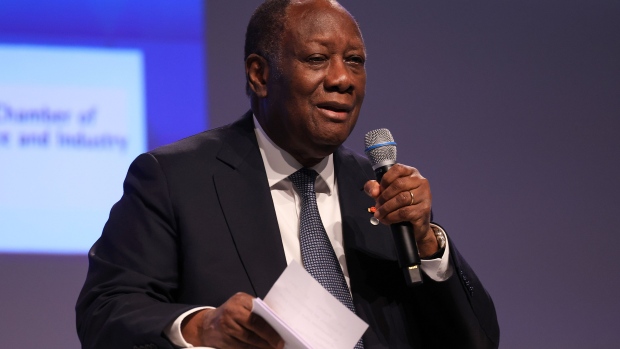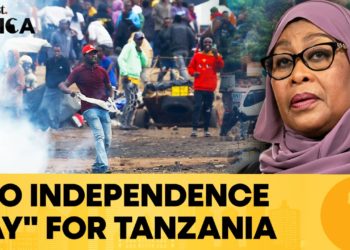Côte d’Ivoire has made history as the inaugural Sub-Saharan African nation to venture into the international Eurobonds market in 2024, thereby ending a two-year credit crunch in the region.
The country’s press statement divulges the outcome of the Eurobond offerings, with the initial tranche amassing USD 1.1 billion, featuring a weighted average tenor of 8.5 years and a maturity date of January 30, 2033.
Meanwhile, the second tranche generated USD 1.5 billion, boasting a weighted average tenor of 12.5 years and a maturity date of January 30, 2037.
Both issuances experienced oversubscription, with over 400 investors submitting orders totaling USD 8.0 billion. The coupon rates for the 8.5-year (maturing in 2033) and the 12.5-year (maturing in 2037) were fixed at 7.625% and 8.250%, respectively, with semi-annual payments in arrears.
RELATEDPOSTS
Notably, these rates surpassed the 6.8% average recorded for the country’s outstanding Eurobond issues at the close of 2023.
Redemption for both issues will occur in two equal installments due in January 2032 and January 2033 for the 8.5-year maturity, while the 12.5-year maturity will see installments in January 2036 and January 2037.
Côte d’Ivoire’s finance ministry declared that the funds will be employed to refinance existing Eurobond issues, including those maturing in 2024, 2025, 2028, 2030, 2031, and 2032. Additionally, the new funds will facilitate the restructuring and refinancing of the country’s international bank loans.
Côte d’Ivoire holds issuer ratings of Ba3 (positive), BB- (stable), and BB- (stable) from Moody’s, S&P Global, and Fitch, respectively, indicating a capacity to fulfill financial obligations despite substantial credit risk.
In contrast, Kenya’s issuer ratings from the same agencies stand at B3 (negative), B+ (negative), and B (negative), positioning the country six places lower than Côte d’Ivoire. This suggests that while Kenya can meet its financial commitments, there exists a significant risk of default due to a deteriorating business and economic environment.
This successful Eurobond issuance by Côte d’Ivoire signifies a notable shift among investors from the investment-grade bonds of developed nations to emerging markets like Africa. This transition is driven by the anticipation of a 2024 interest rate cut by the US Federal Reserve.















